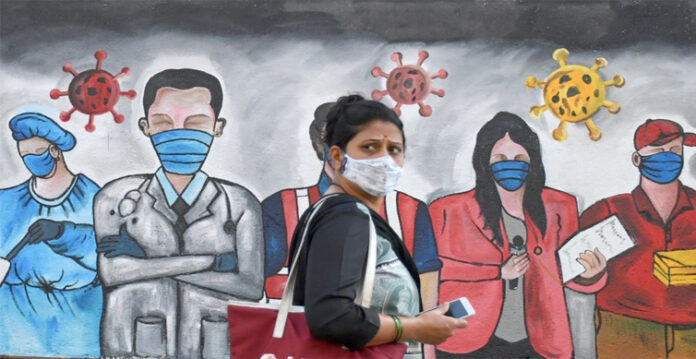Survivors of severe COVID-19 infections may have a high risk to blood vessel systems in their body in response to mental stress, according to research. Although many patients recover completely from the disease, previous studies noted cardiovascular conditions in patients who survived severe COVID-19 infections.
The new research showed that this population presents increased risk factors for cardiovascular complications, such as excessive muscle sympathetic nerve activity (MSNA), which has the acceleration of the heartbeat as one of its duties, in addition to other problems, such as greater stiffness in the main artery of the human body and dysfunctions in peripheral blood vessels, which are responsible for regulating blood flow and blood pressure.
For the study, the team from D’Or Institute for Research and Education (IDOR), in partnership with the University of Sao Paulo (USP), analyzed 15 patients who had survived severe Covid hospitalizations, in ICUs or wards, with a confirmed RT-PCR diagnosis and oxygenation levels equivalent to or lower than 93 percent.
Also Read: Walking 3,967 steps a day may cut death risk from any cause: Study
As a control group, 15 volunteers who had never had the disease, had no comorbidities and were of similar age and body mass index (BMI) were chosen. To measure the effects of stress, patients and the control group were exposed to a three-minute activity in which slides were projected in front of them and the image changed every two seconds, accompanied by conflicting sounds that were delivered through headphones.
At the end of the analysis, it was concluded that all participants noticed a similar increase in the level of stress, but that in patients who had COVID-19, some physiological reactions were discrepant.
The researchers said that the MSNA of these survivors is already around 65 percent higher than that of those who did not have the disease. However, during the stress exposure activity, the increase in MSNA in patients who had COVID-19 was 128 percent greater than in the control group.
The team also measured vascular responses to this stress induction and analyzed blood flow, vascular function, and mean arterial pressure across each participant’s forearm.
The analysis showed that the first two aspects were attenuated in Covid patients, being more than 100 percent lower when compared to the control group, while mean arterial pressure was similar in all individuals.
The study, published in the scientific journal American Journal of Physiology, demonstrates a warning regarding the increased risk for cardiovascular diseases, and that patients who survived severe COVID-19 should remain attentive to routine exams and health care, even after the apparent overcoming of the infection.
(This story is sourced from a third-party syndicated feed. Raavi Media takes no responsibility or liability of any nature. Raavi Media management/ythisnews.com can alter or delete the content without notice for any reason.)


